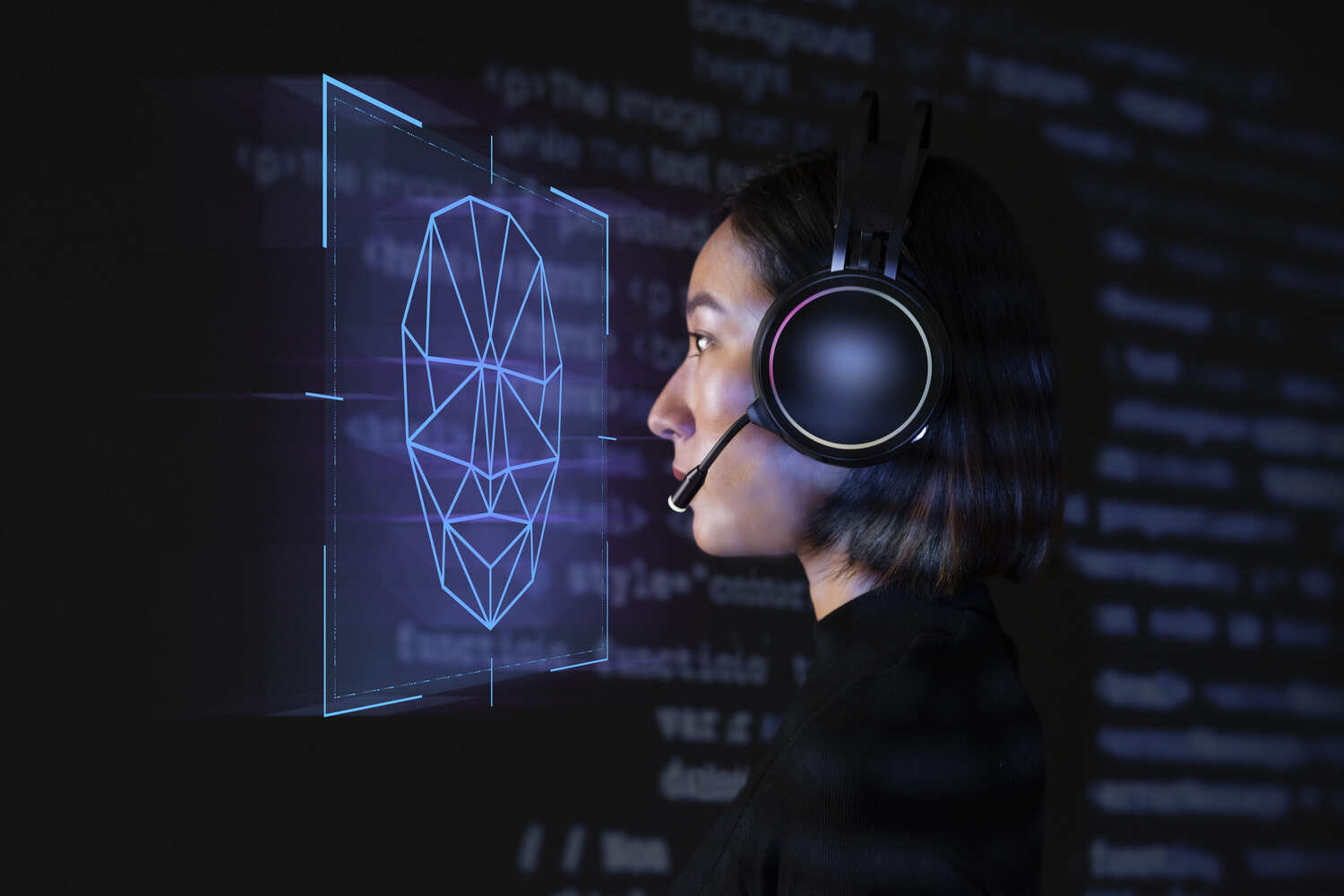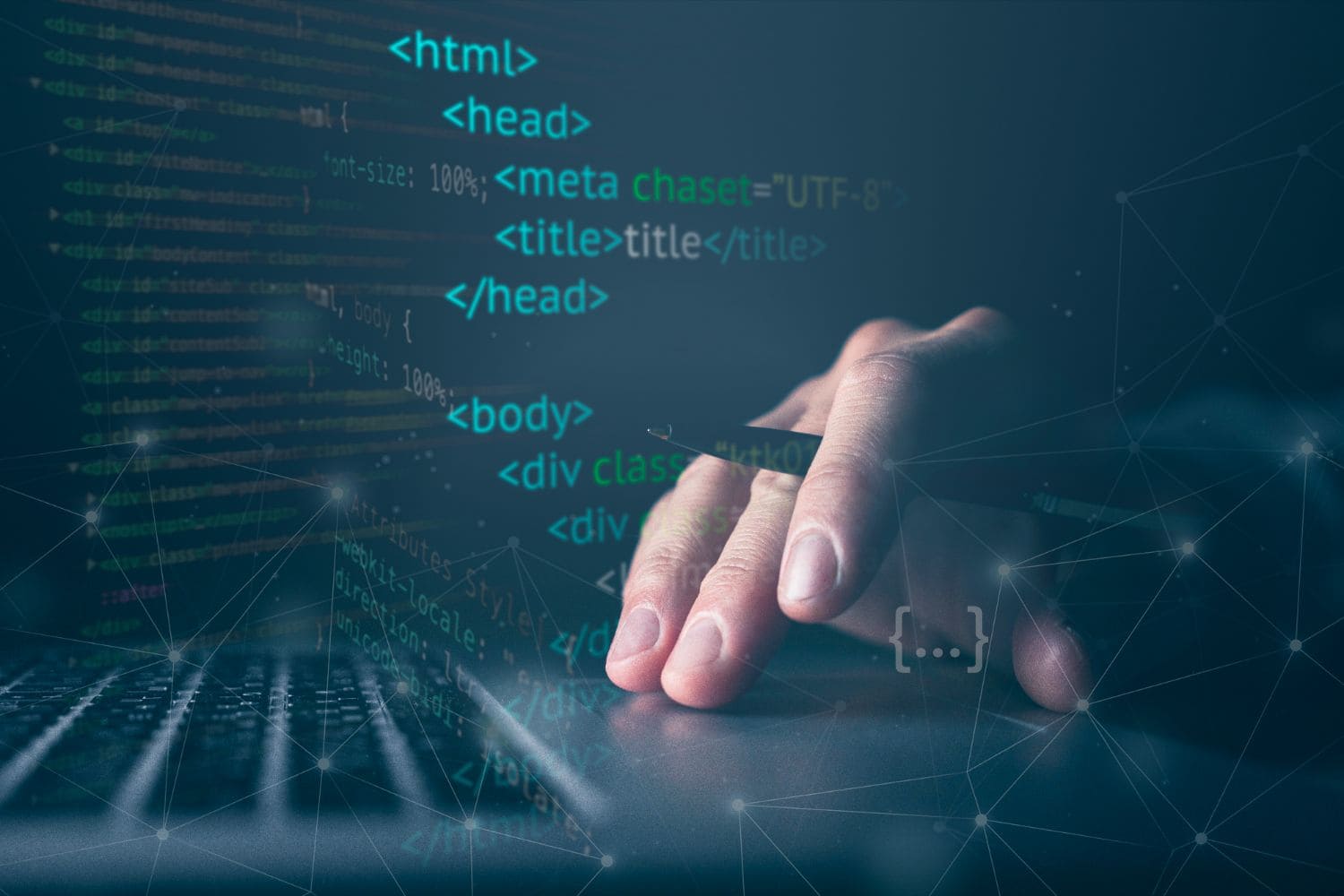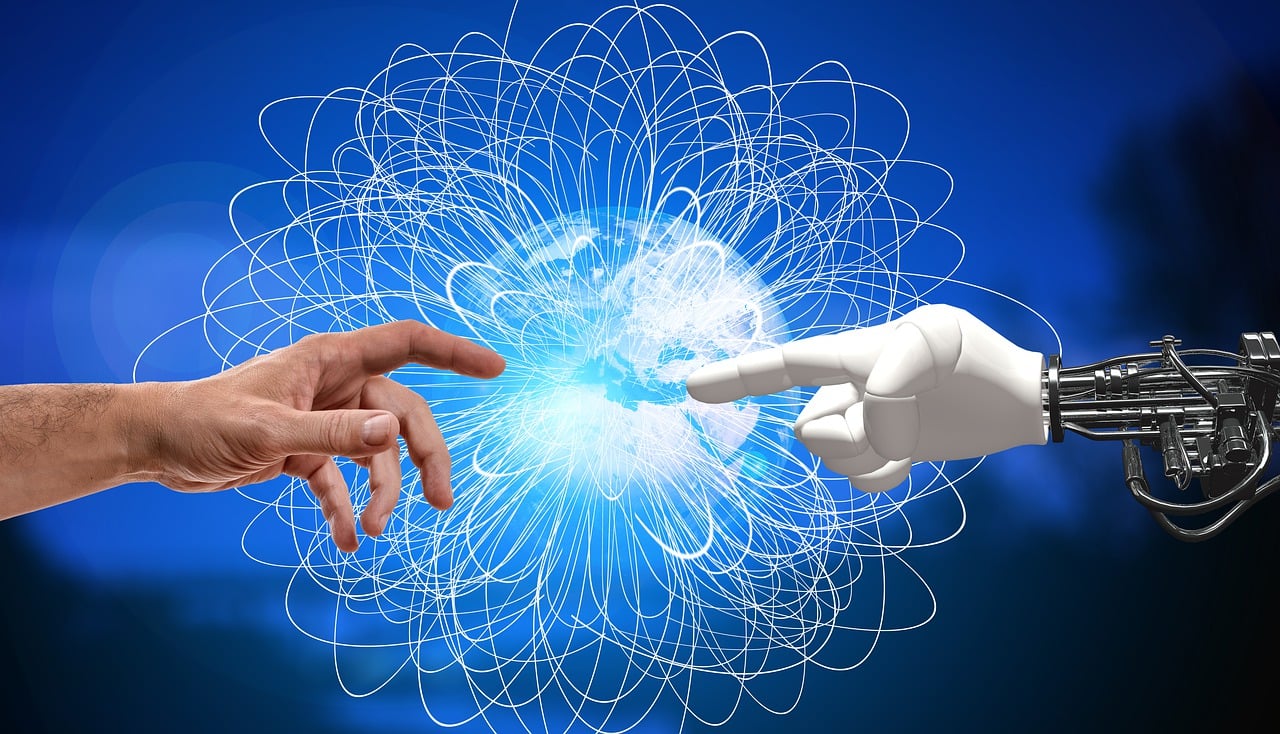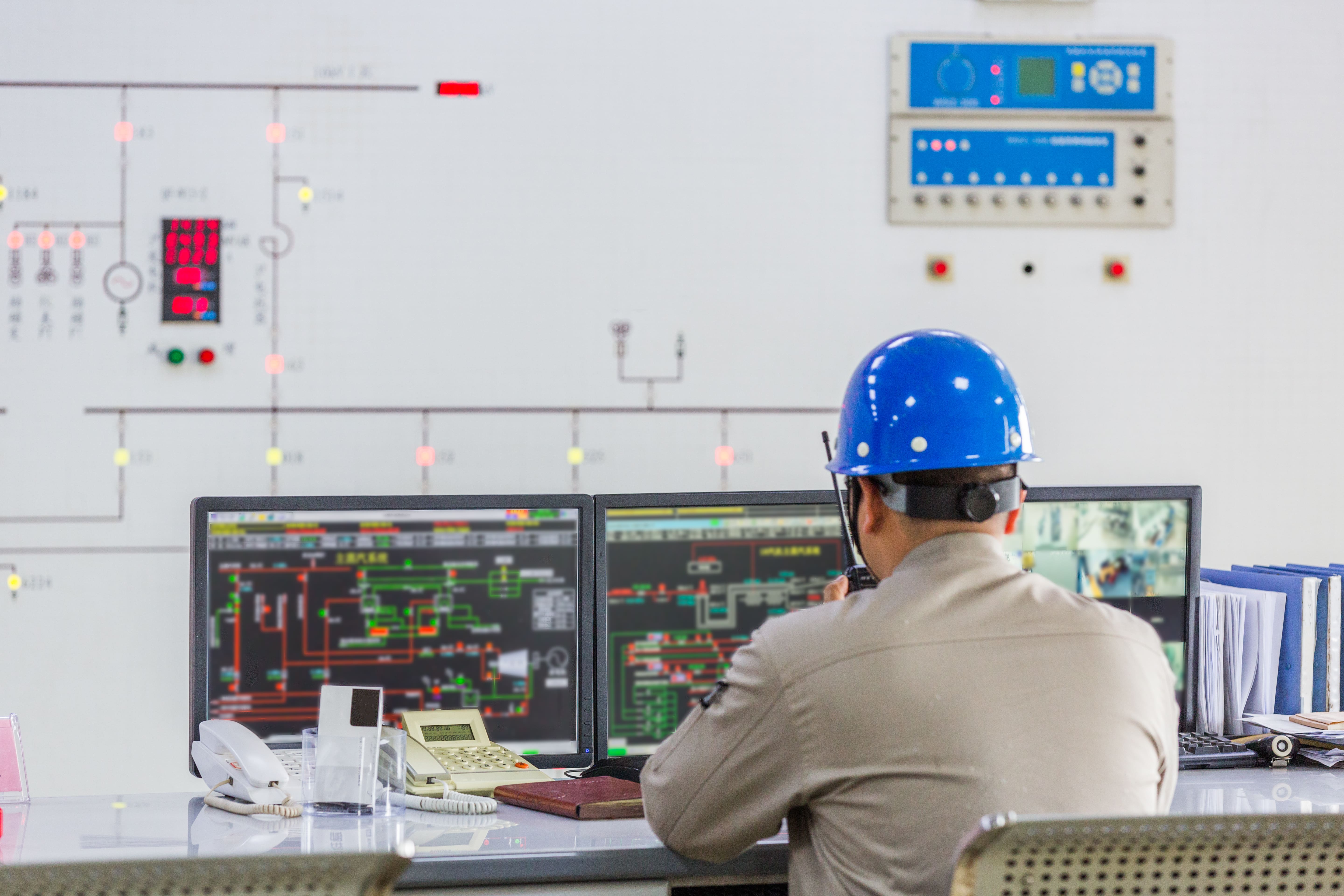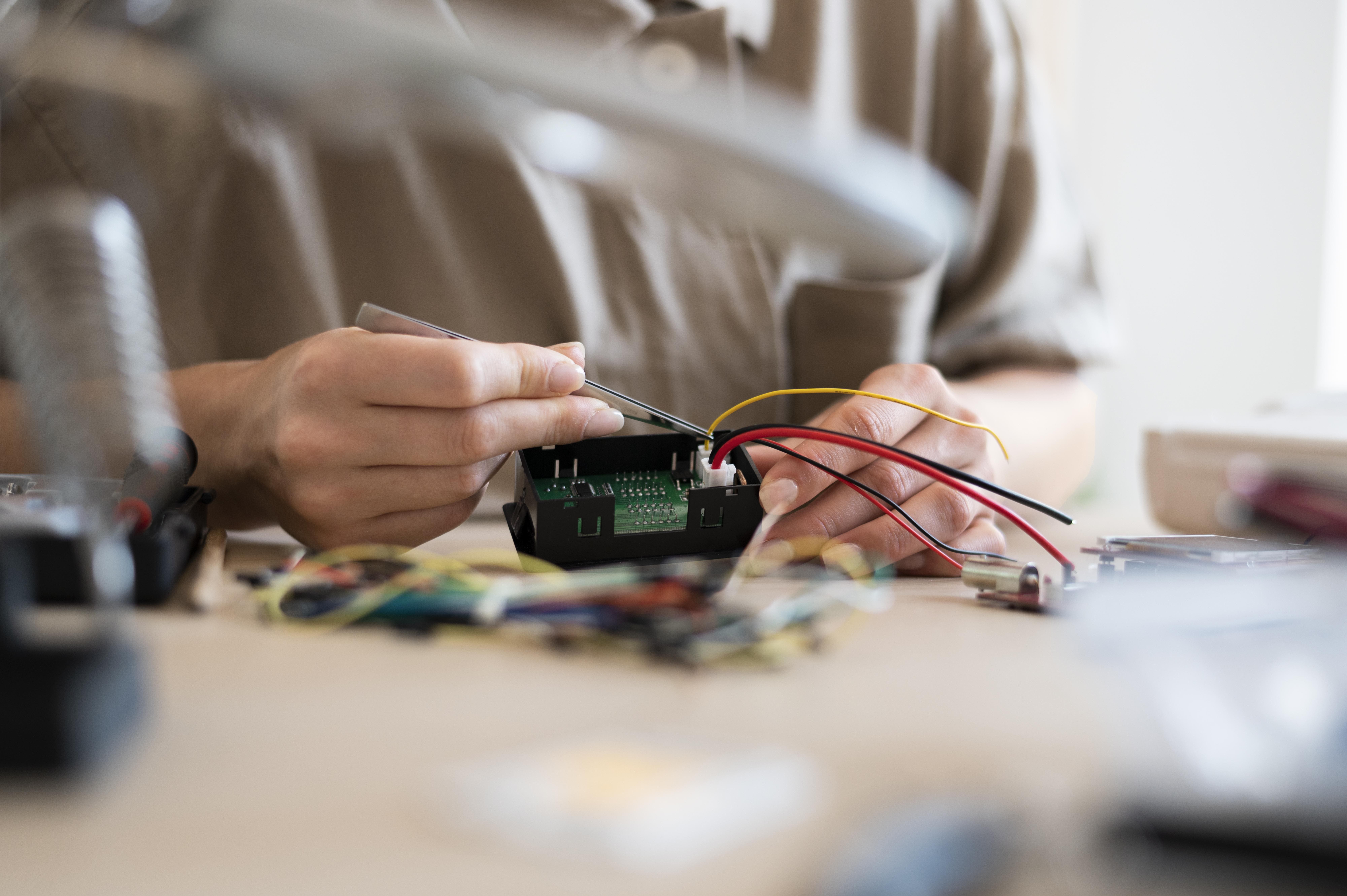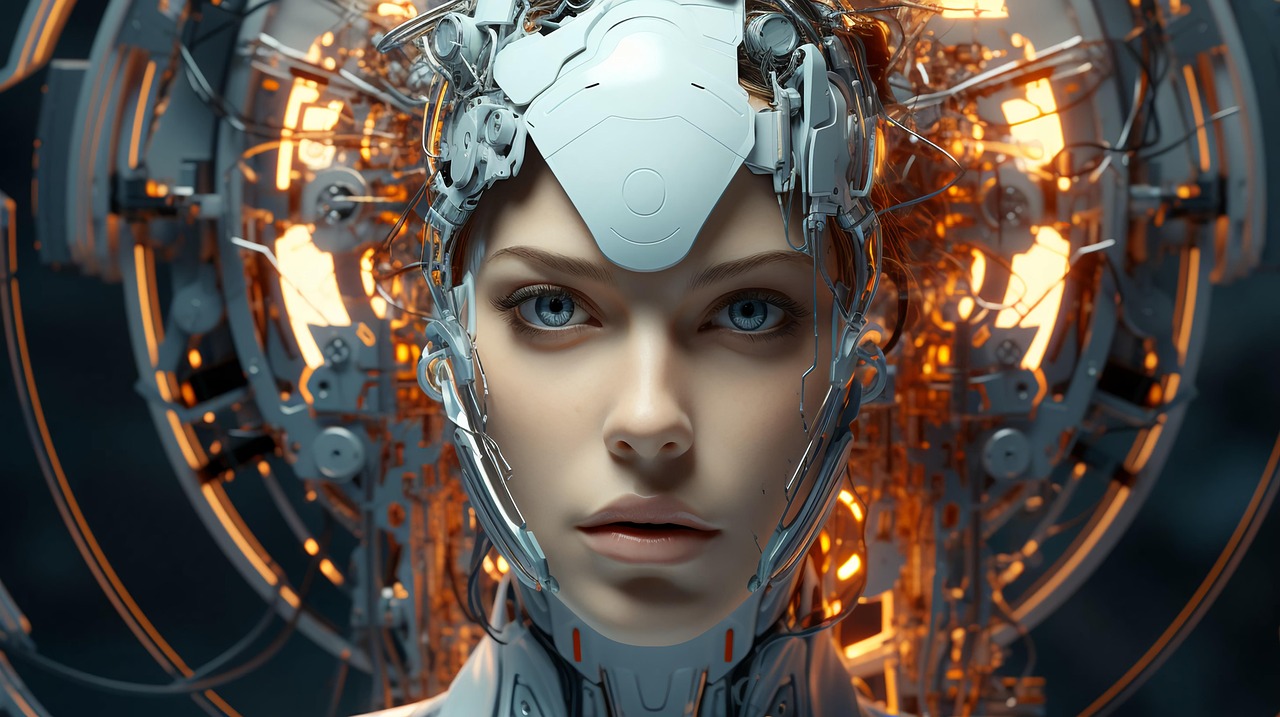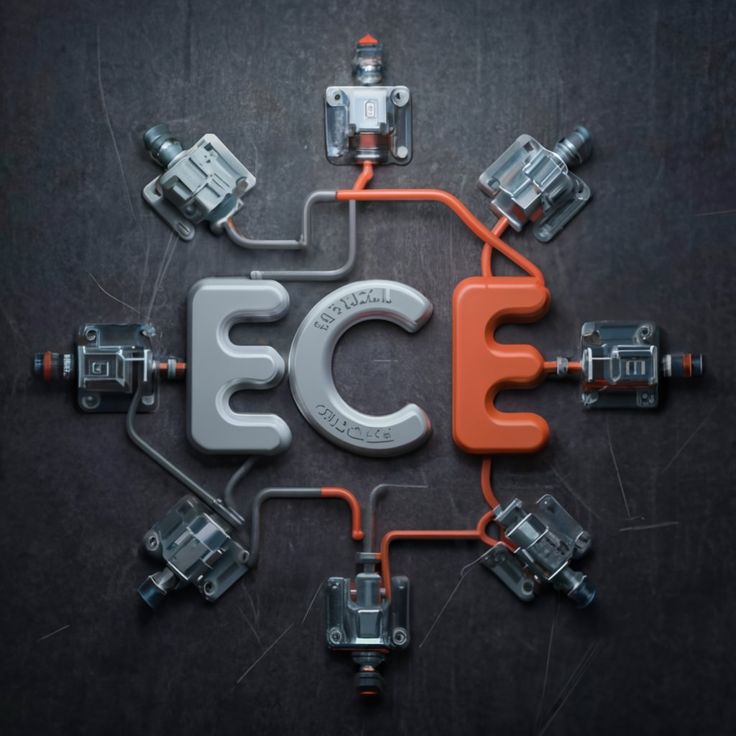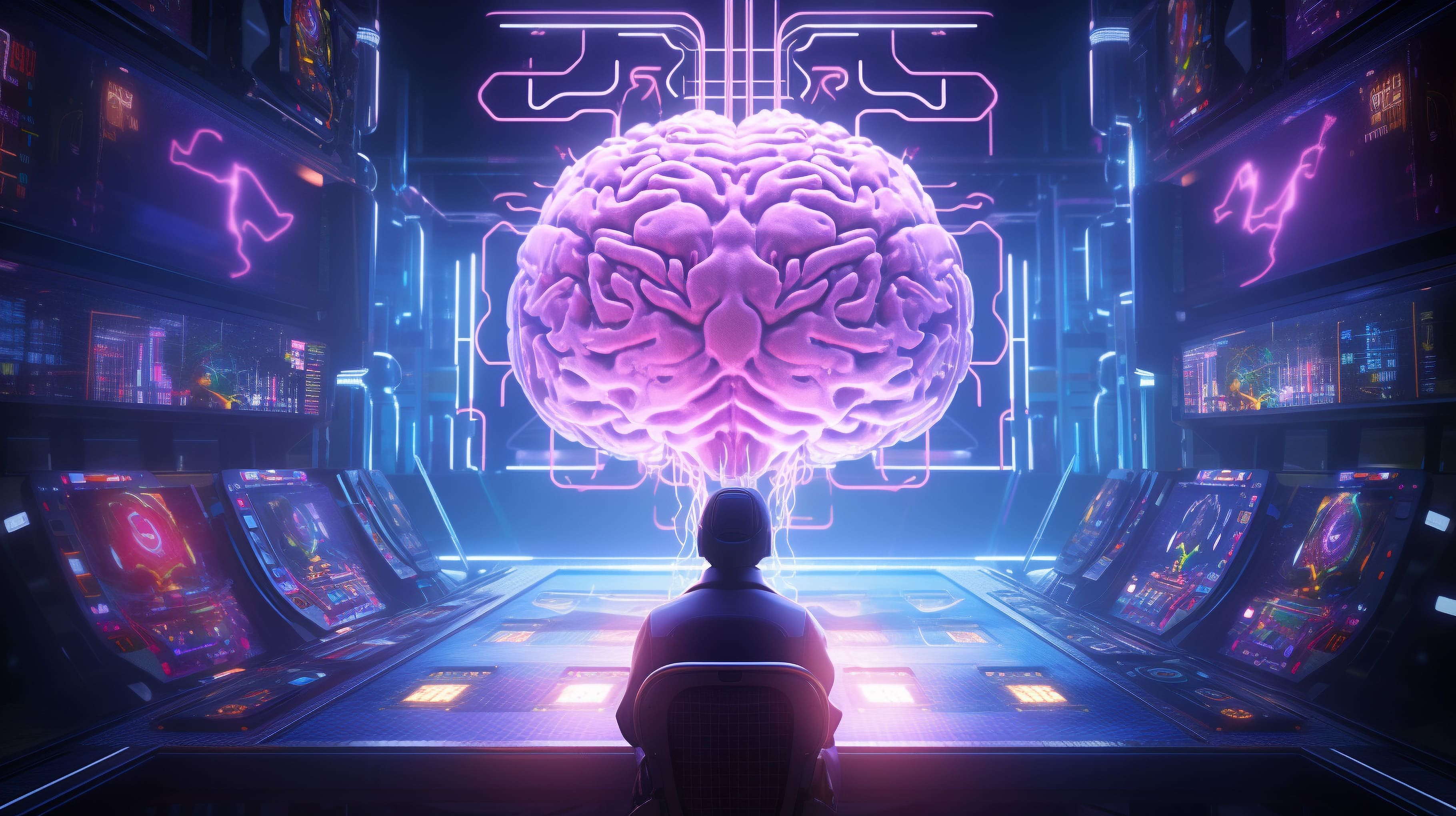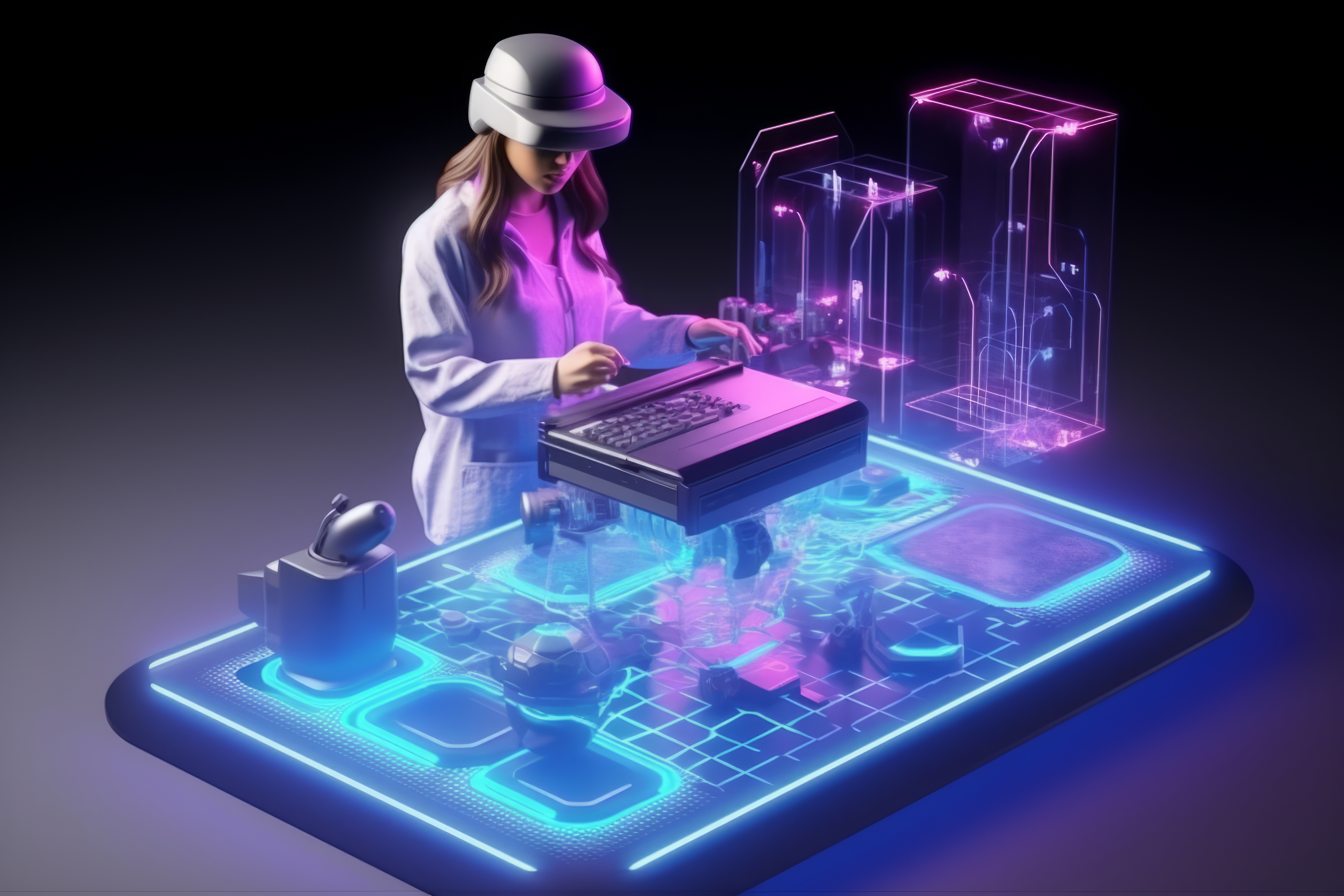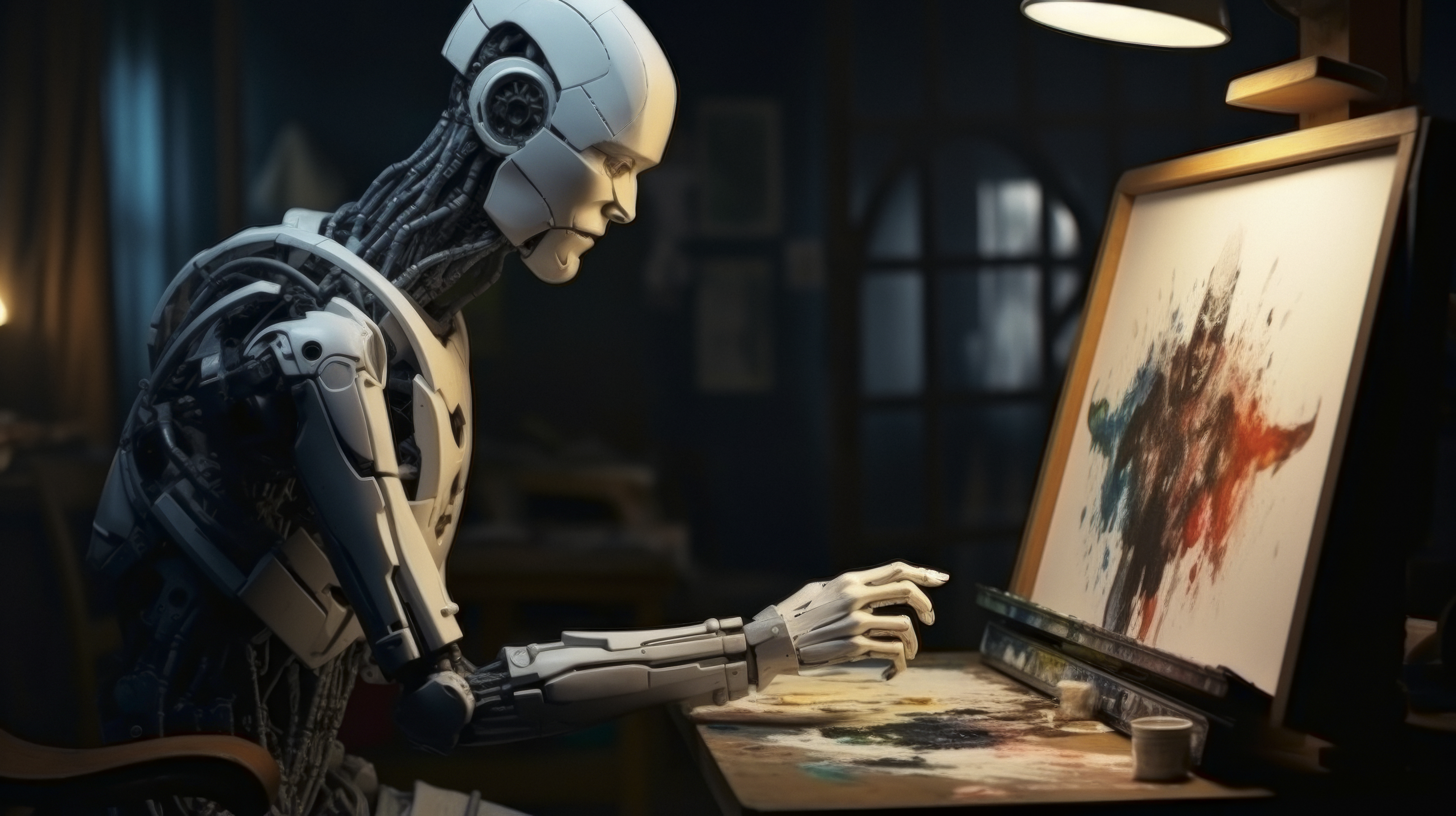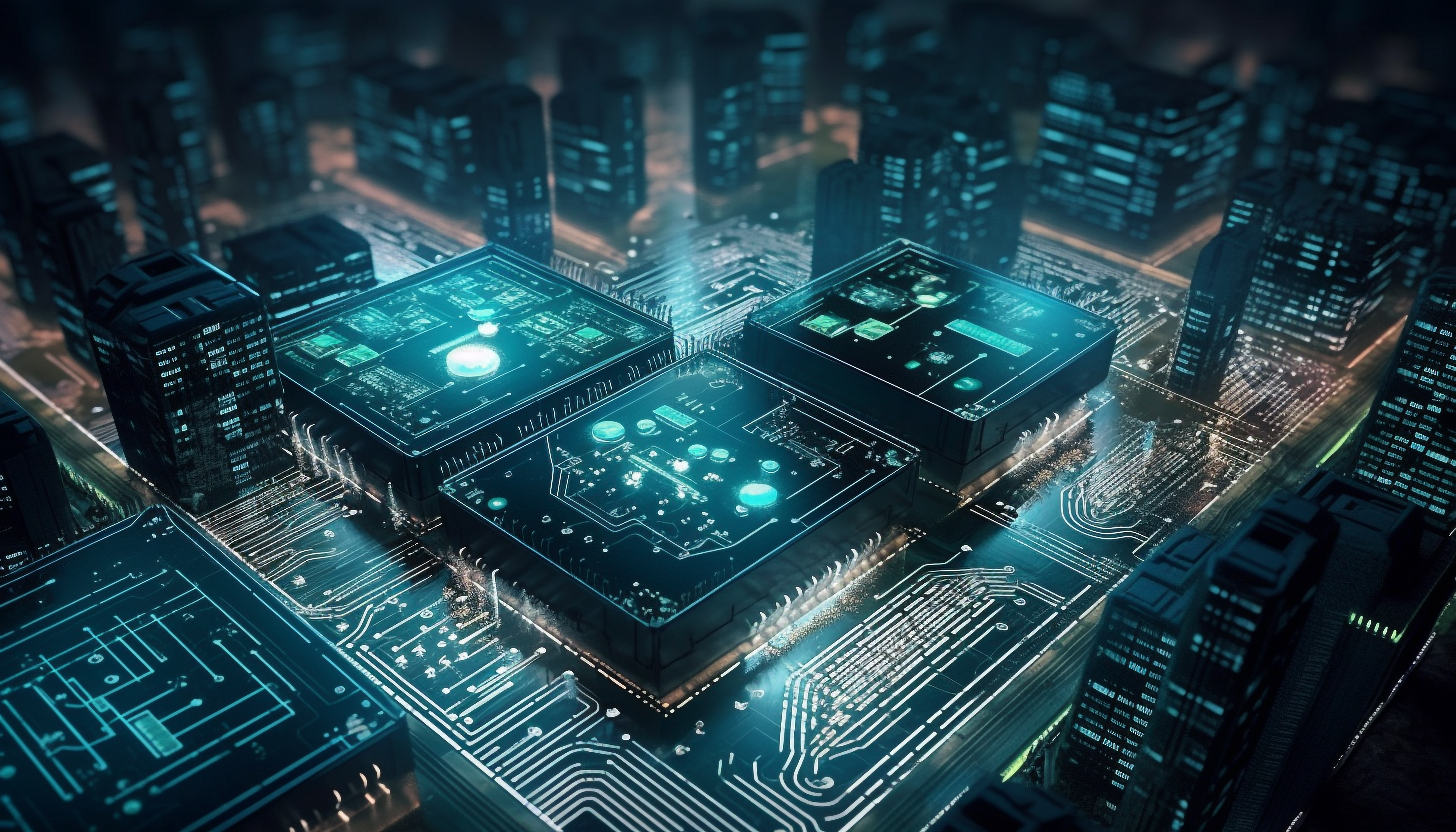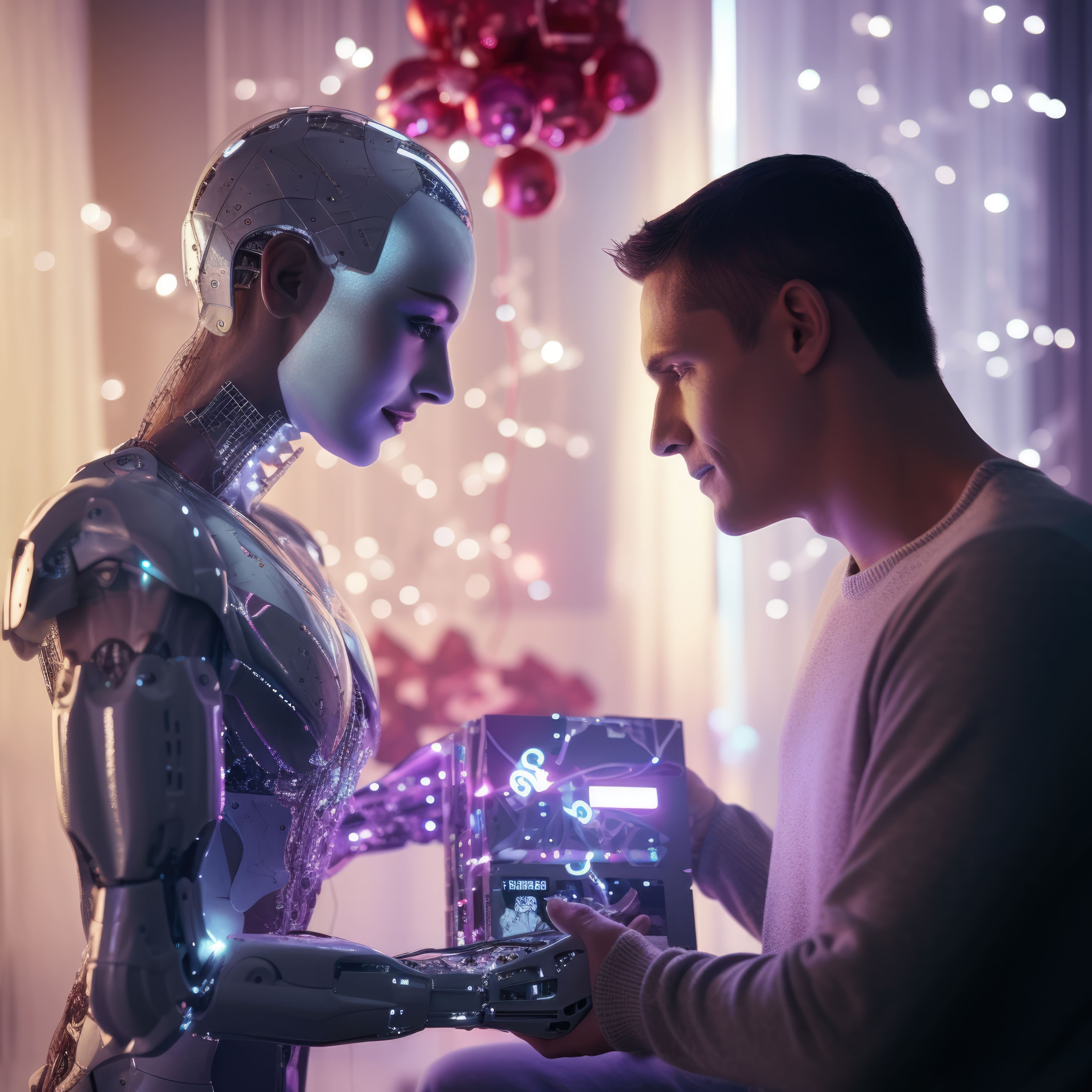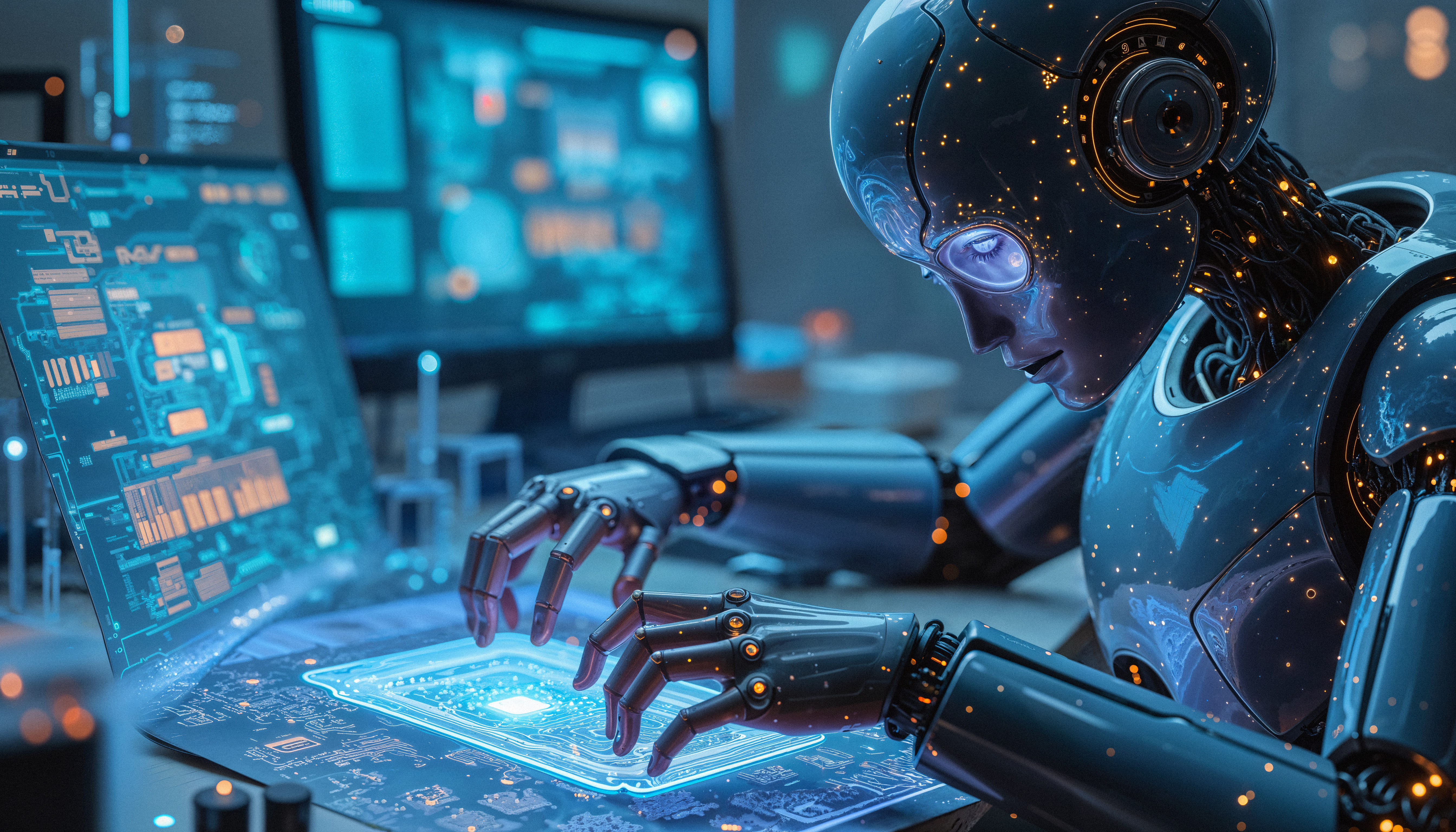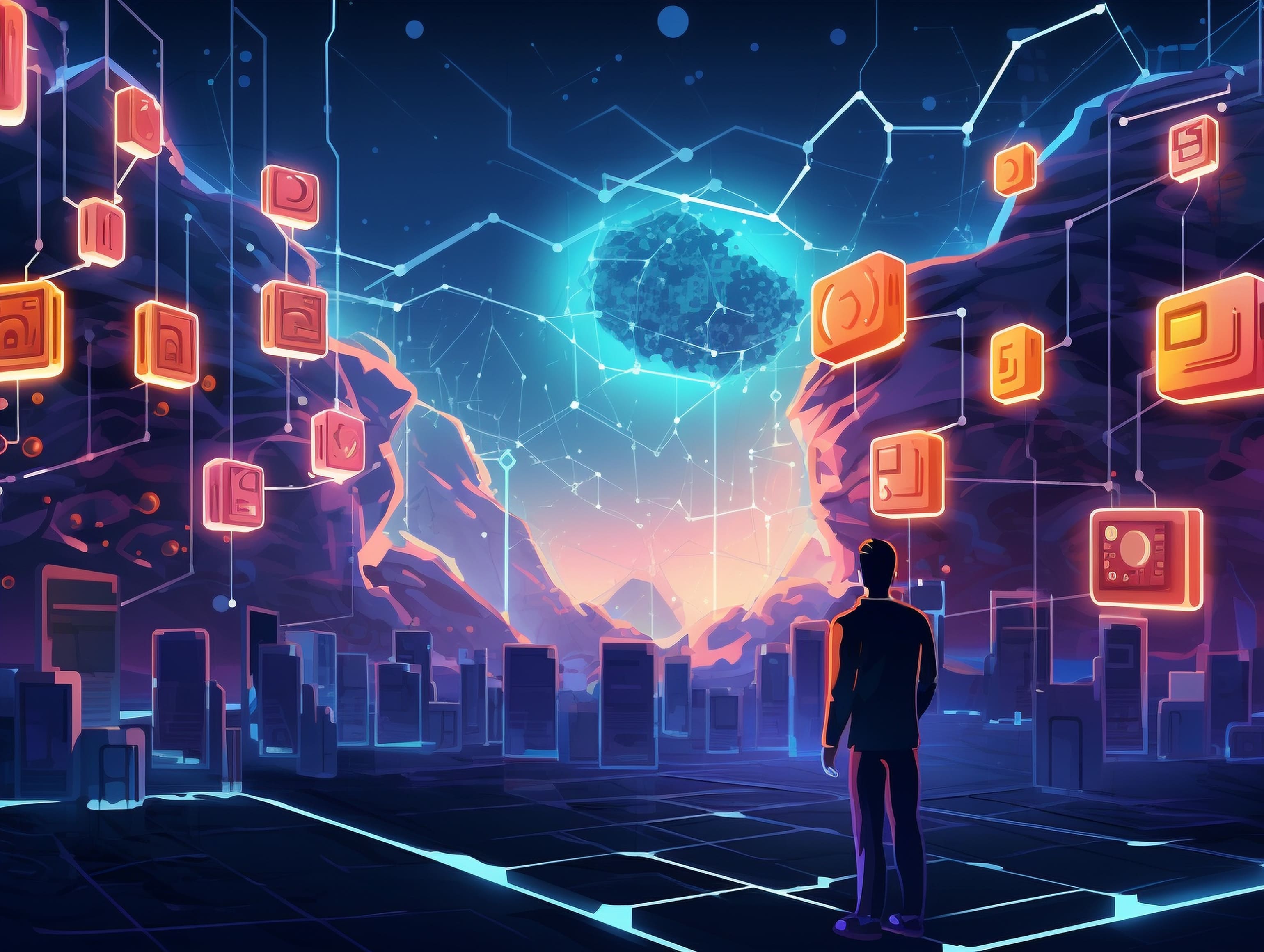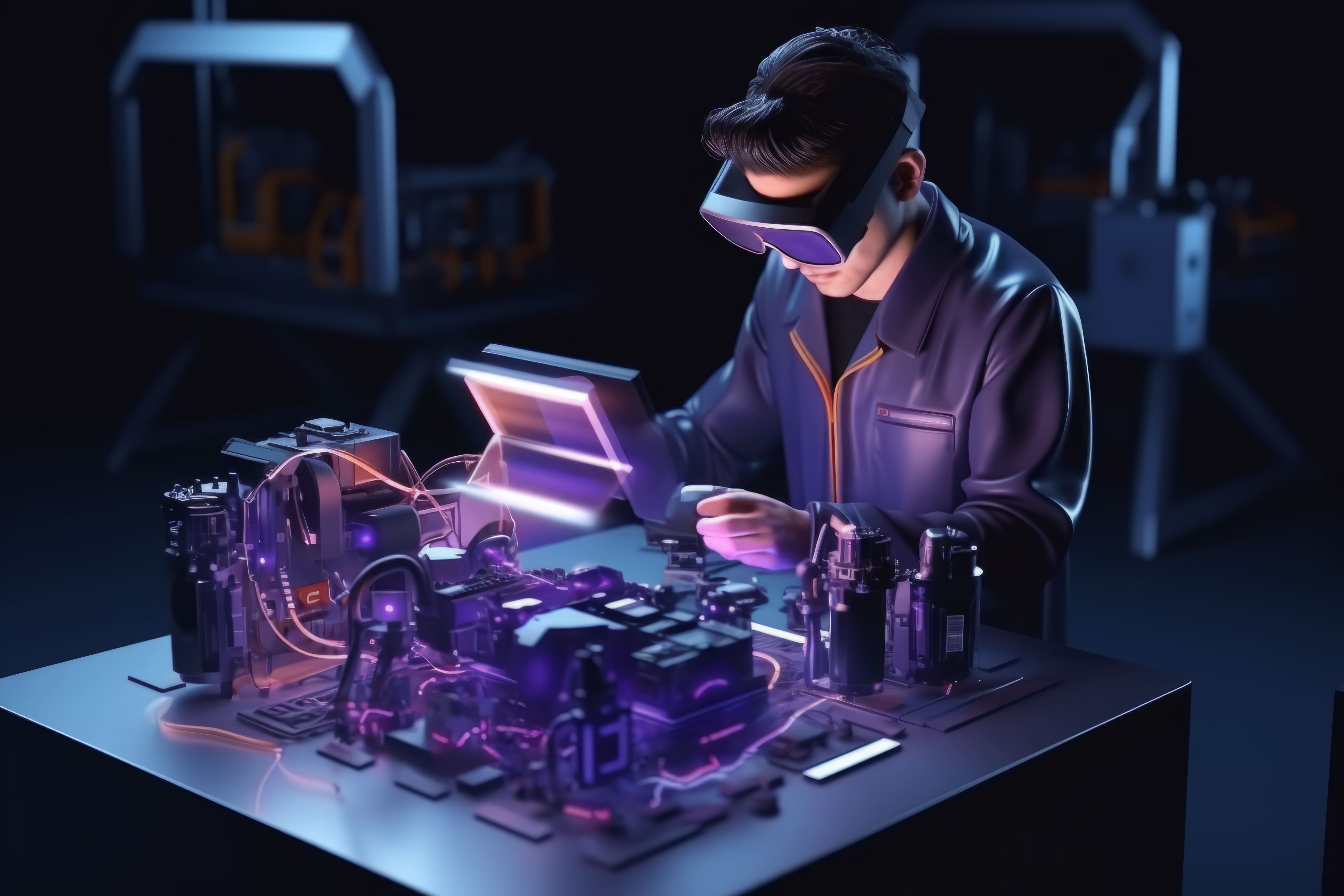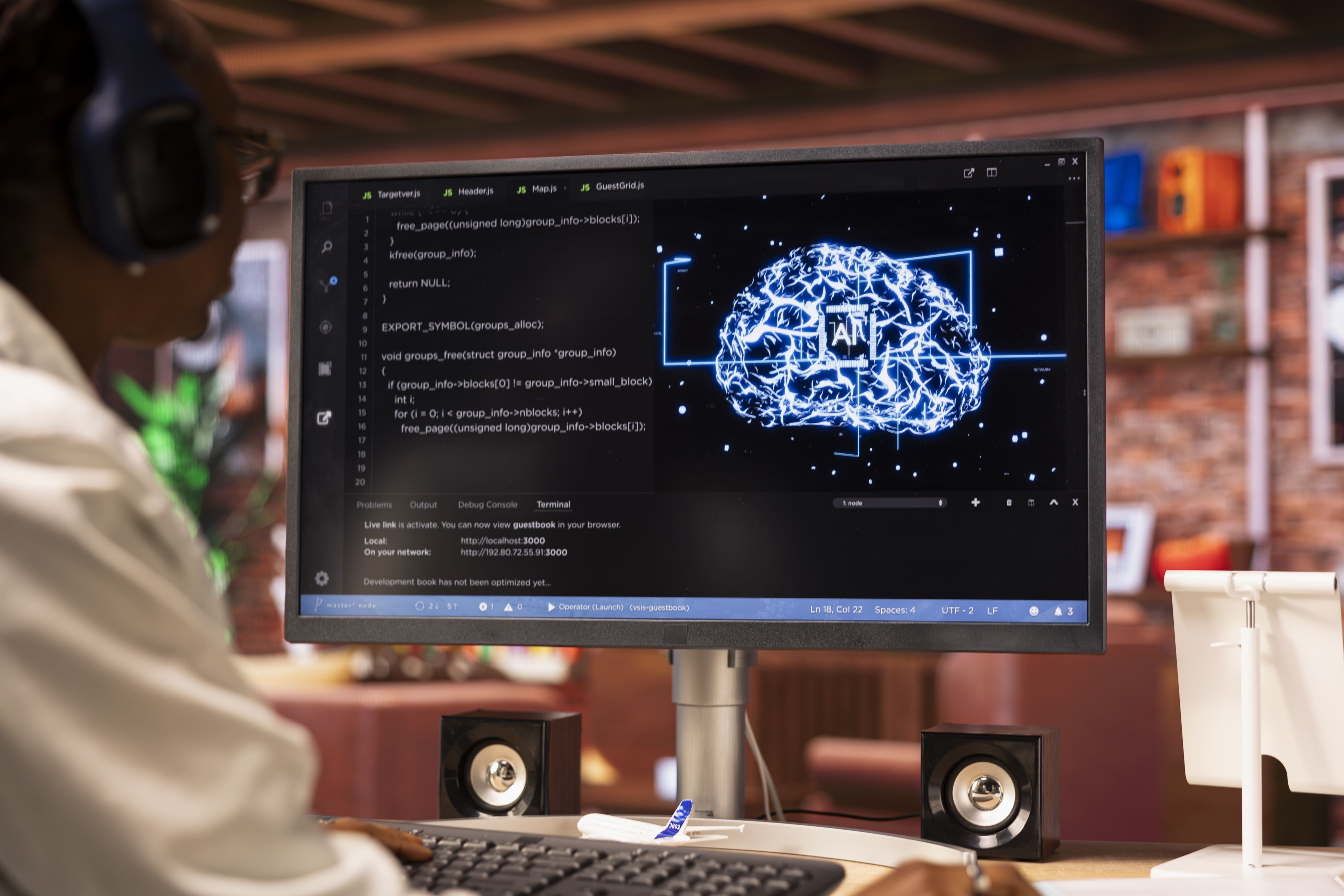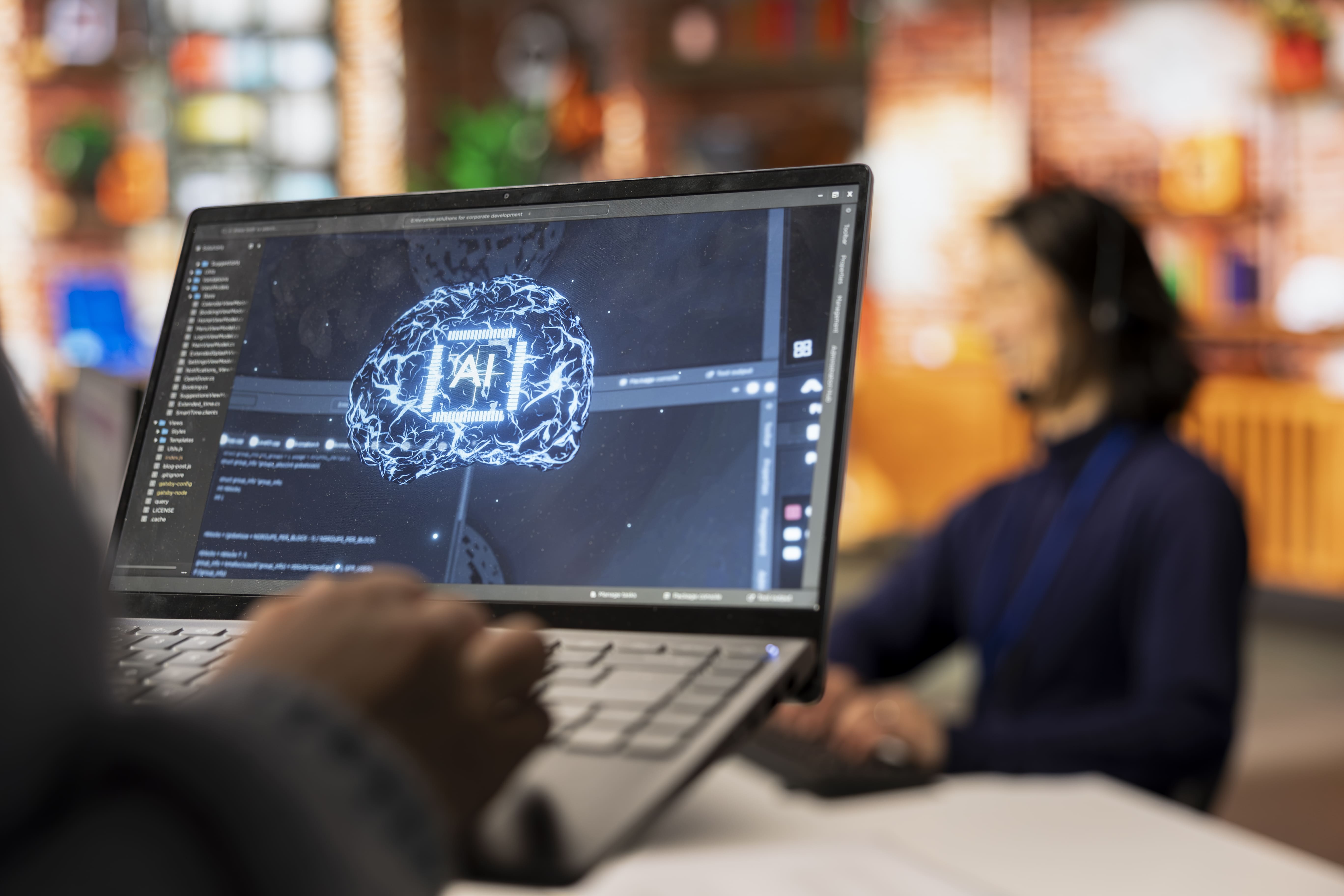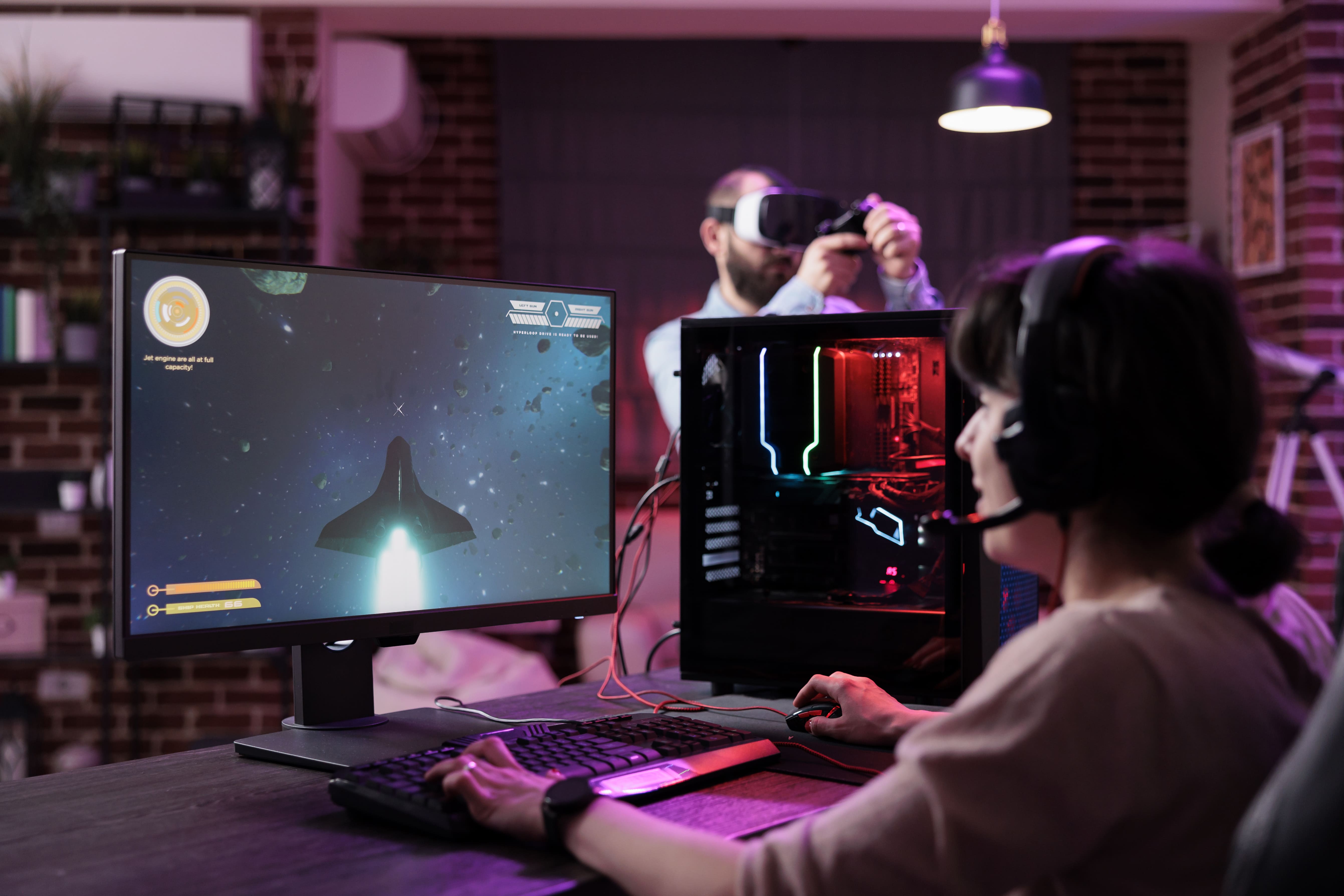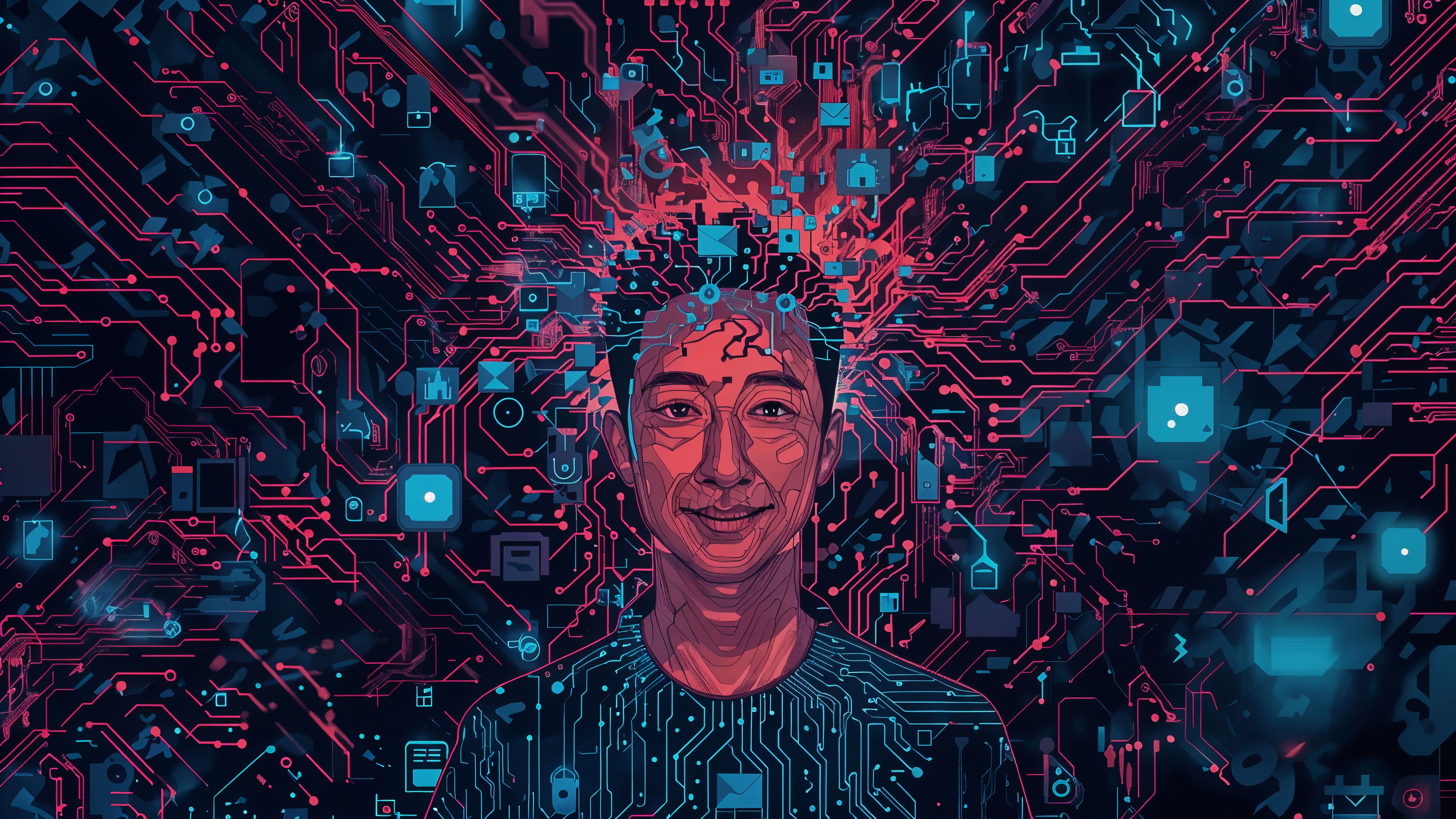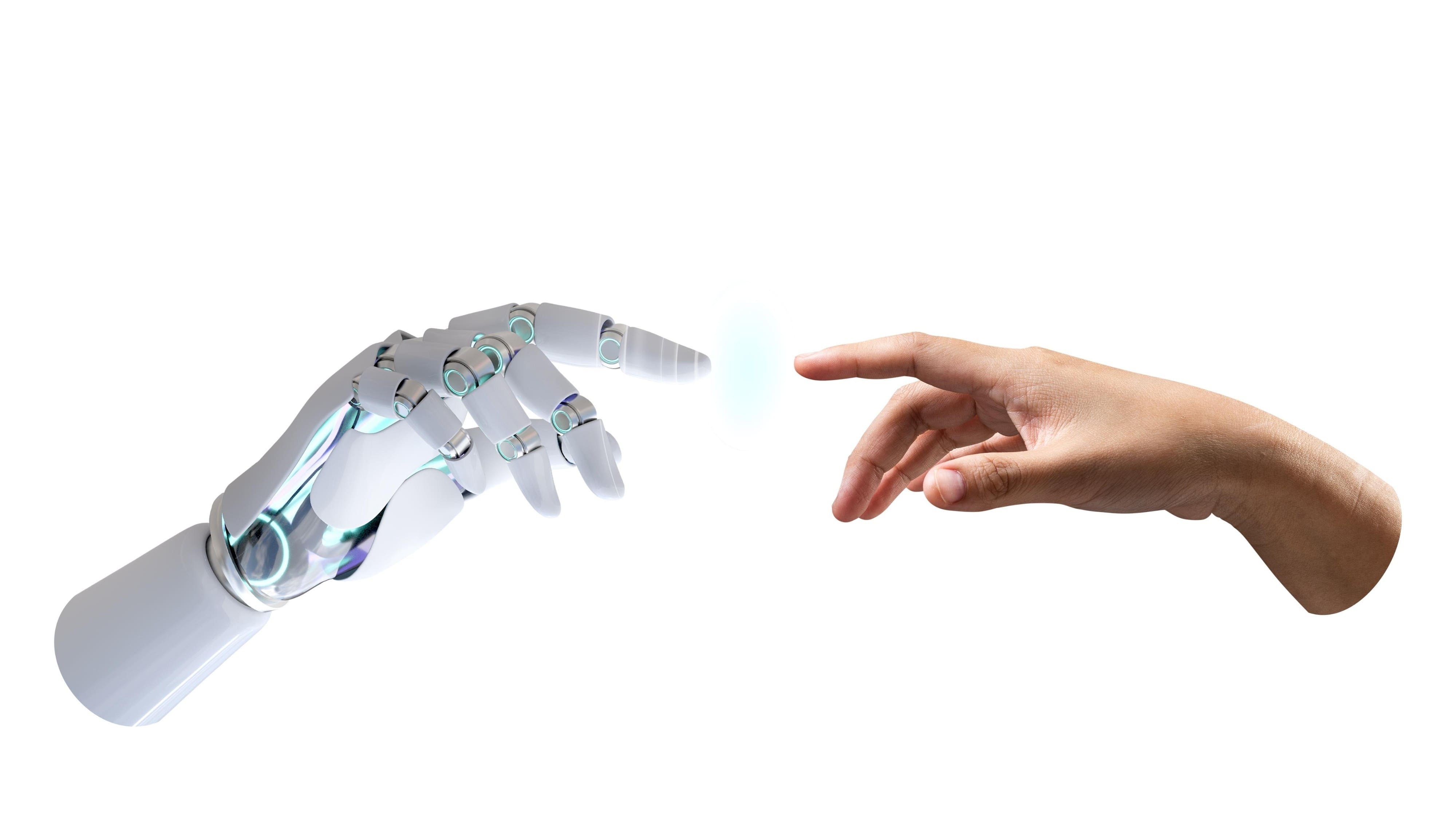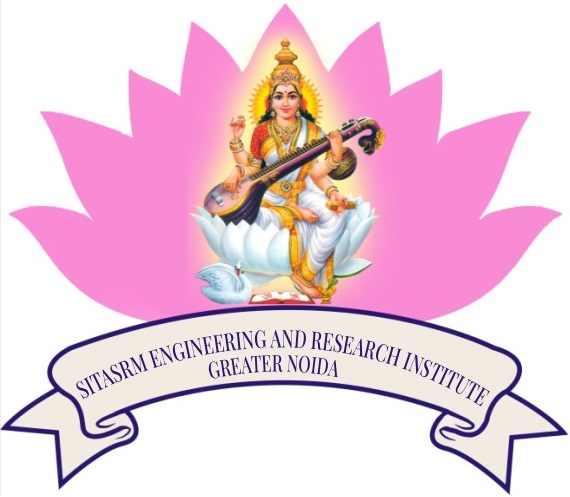 SITASRM ENGINEERING & RESEARCH INSTITUTE
SITASRM ENGINEERING & RESEARCH INSTITUTE
 SITASRM ENGINEERING
SITASRM ENGINEERING & RESEARCH INSTITUTE

SITASRM ENGINEERING & RESEARCH INSTITUTE
Menu
Top Skills Every Aspiring Computer Engineer Must Master
Introduction
Computer engineering is one of the highest-pace and high-tech fields in technological development. Professionals who wish to remain competitive in this space must also be skilled in the most fundamental areas of innovation and problem solving. In this post we get into the five most critical skills a would-be computer engineer must learn.
Top 5 Skills You Can Master in Computer Engineering
In this section you are going to explore the best-in-line skills that need to be mastered. If you are a computer engineer pioneer or even a certified one, the below-mentioned skills can boost your career prospectus.
#1 Programming Language
Computer engineering is a field of study that focuses on the core of programming languages. Multiple languages are like having multiple tools which engineers use to write software, find bugs and squeeze out system performance efficiency. Though there in fact, each language is for a unique reason it is to be chosen based on career goals.
Here are some of the fundamental programming languages you need to learn:
- C/C++: Objective-C, a powerful language for reputed «systems programming», which is rightfully used by all systems and applications that require great performance such as operating systems, embedded systems.
- Sufficient: Python (this is also one of the most popular languages for machine learning code bases, data analysis, automation)
- Java: Used for large systems and Android app development, it is widely used in the enterprise application space.
- Verilog/VHDL: Essential for computer engineers working on hardware- these are used to describe and simulate digital circuits.
Remember! Practice is the key. Enjoy coding and visit websites like leetcode, hacker rank, codeforces for best improvement of coding skills. Solving more questions will not only exercise your problem solving but also makes your understanding stronger through practice.
#2 Artificial Intelligence and Machine Learning (AI & ML)
AI & ML are reshaping industries with automation of processes, predictive analytics and enabling intelligent systems. These are the things that are essential to every modern computer engineering.Core Fundamental Concepts of AI & ML:
- Deep Learning and Neural Networks: Understand the architecture created by deep learning which underpins image recognition tasks or natural language processing etc.
- Data Preprocessing: Learn to apply various techniques on raw data & transform them into a structured form that can be efficiently used for model training.
- Benchmarking your model: How to benchmark algorithms for performance of both accuracy and efficiency.
Study the tools and libraries like TensorFlow, PyTorch, scikit-learn. Practical experience is acquired by applying these to live datasets in projects done for real problems with AI/ML.
#3 Data Structures and Algorithms
Fundamentally, computer engineering is about processing data and solving structure problems which comes down to knowing your shit about data structures and algorithms. These skills are the must have skill-set for building supreme software optimization solutions.
Essential Concepts to Remember:
- Arrays, Linked Lists, Trees and Graphs
- Sorting & Searching algorithms
- Time and Space Complexity-Analysis
Keep spare time for regular practice on platforms like GeeksforGeeks and LeetCode. Practicing a range of algorithmic problems will help you gain an analytical mindset and code fluency.
#4 Computer Architecture and Hardware
Before optimizing system integrations, you have to understand computer architecture and the hardware. It is where the concrete meets software.
Key Areas of Focus:
- Digital Logic: At a lower level than HDLs, understanding what logic gates and flip-flops do provide the basis for hardware design.
- Microprocessor Architecture: To comprehend on the working of computers how we read instructions processes- dive into CPU, memory subsystems and I/O systems.
- Embedded Systems: To master programming the microcontrollers of solutions applicable for level learners (IoT devices, real time systems etc)
Perform hands-on projects with the devices such as Raspberry Pi and Arduino. These projects will give real experience that will nurture your computer engineering journey and offer fruitful result in future.
#5 Innovate and Communicate
A good computer engineer needs to be able to think creatively and also communicate well, in order to do the job successfully. Complex technical concepts have to be converted into simple tangible solutions, generation of innovation happens here. Ways to make them better:
- Technical Documentation: Write easy to read and very descriptive documentation for your projects and processes.
- OOQ 22: Public Speaking: Learn how to present technical concepts clearly within any PPT/Others meetings/ discussions.
- Brainstorming: Encouragement to bring idea generation sessions in a lively manner for challenging work groups. Maybe the ideation session, involved in team effort to tackle tough problems.
Use techniques of storytelling; keep it engaging and within reach for your audience. One way with all audiences be it technical or not so technical.
Final Words
Mastery of these five pillars—programming languages, AI & ML, data structures, computer architecture, and communication—makes you an expert in the computer engineering field for real world challenges. The demand for such professionals is at an all time high and across all industries.
As technology changes, continuous learning is the key. By investing in skill development and applying your skills to new projects you can contribute to computer engineering. Start now and build your career in this digital age!


